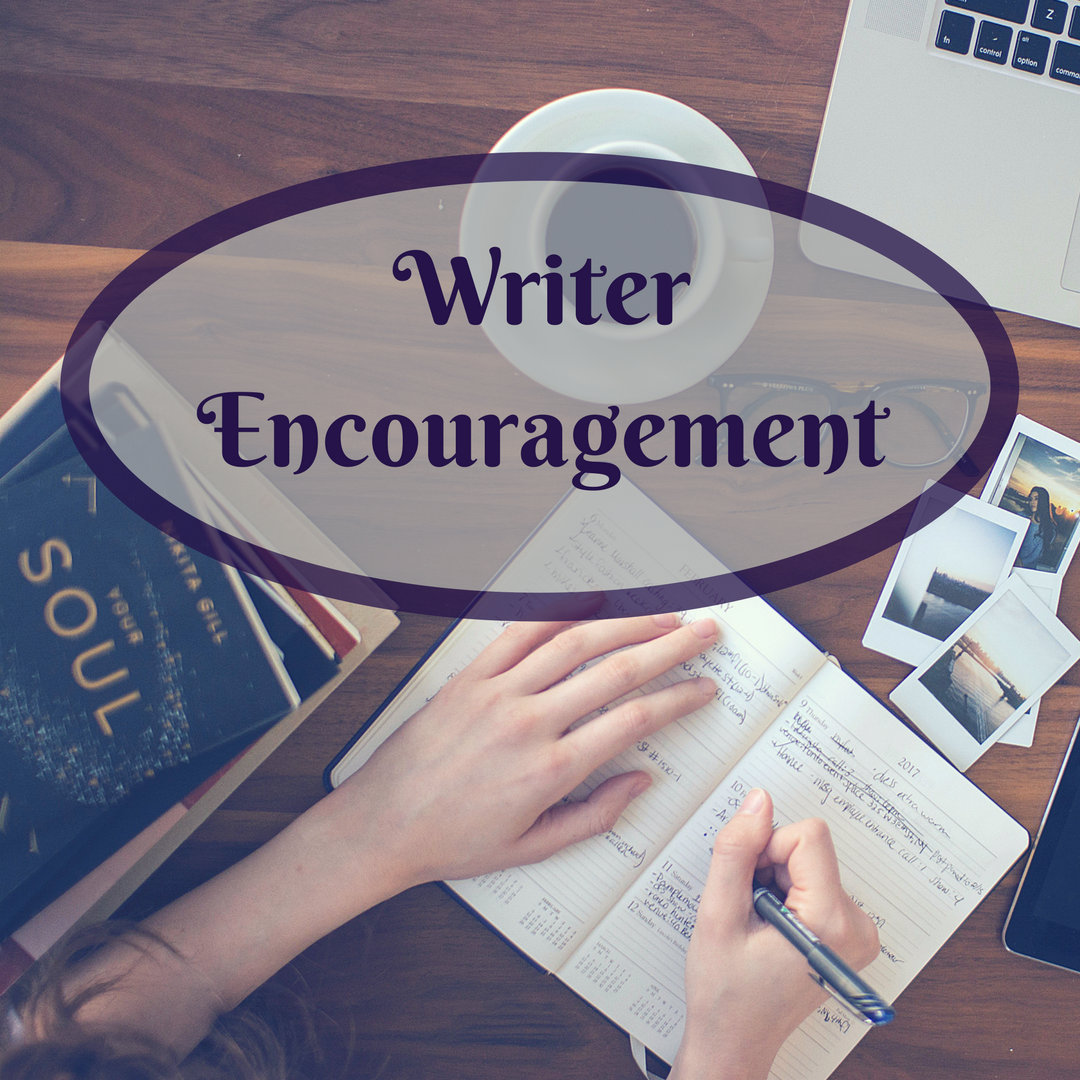
The Intentional Writer
How to Quit Striving and Work by Grace
If you’re like me, you often feel overwhelmed by all the things an author should do to succeed. Social…
February 24, 2023
If you’re like me, you often feel overwhelmed by all the things an author should do to succeed. Social…
February 24, 2023
Do you ever feel like you just can’t write another word? That no matter how hard you try, you…
February 19, 2022
When you hear the word platform what comes to mind? A mountain between you and getting published? One more…
October 18, 2020
(Author Note: I posted this blog over two years ago, yet the message is perhaps even more relevant today)…
August 11, 2019
The life of a writer isn’t for the faint-hearted, is it? Words do not always order themselves on the…
November 16, 2018